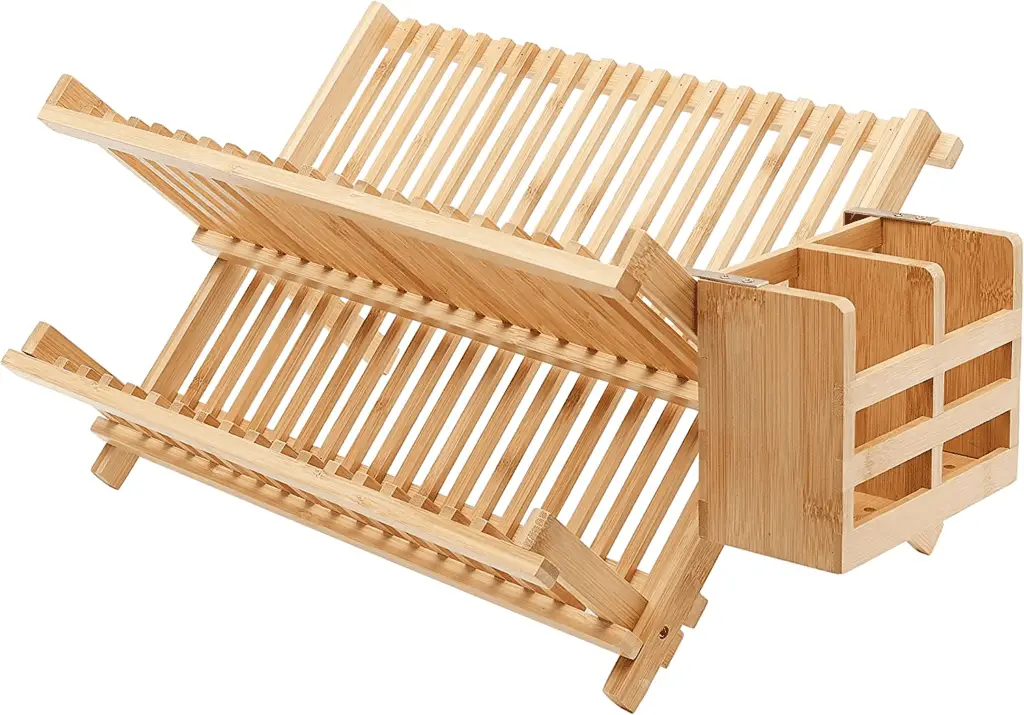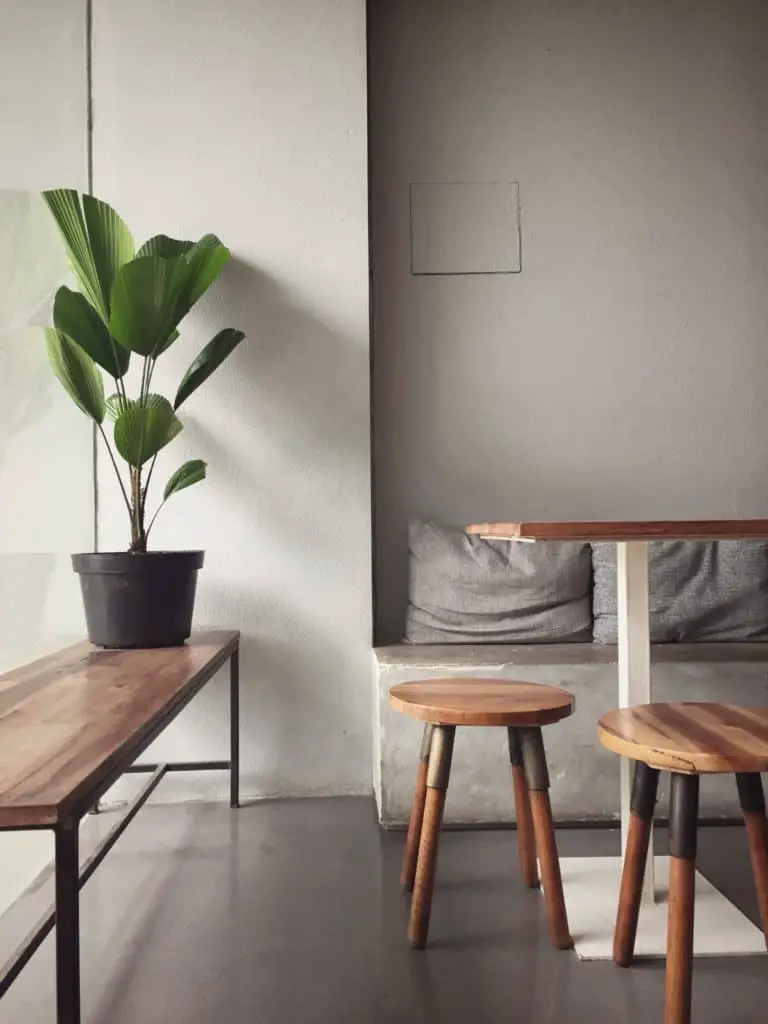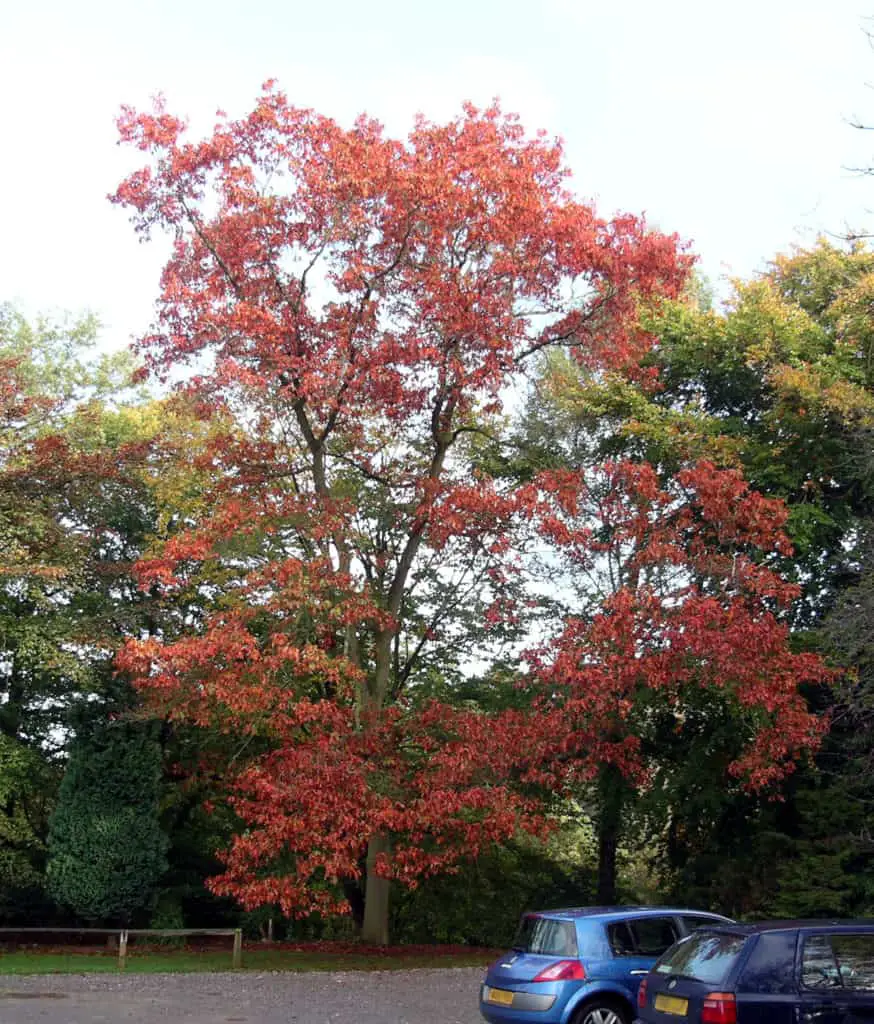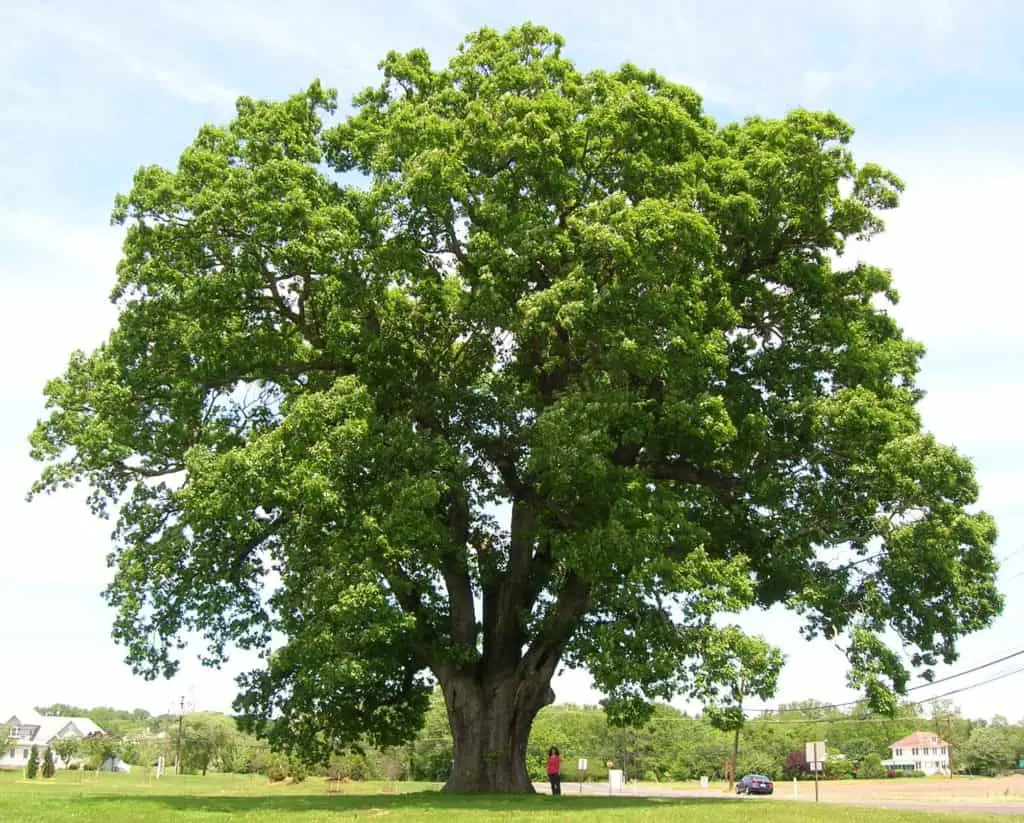Bamboo is considered a hardwood, even though it is technically a type of grass.
This is because bamboo wood has a hardness and strength comparable to many traditional hardwoods like oak or maple. I
n fact, some species of bamboo are even harder than hardwoods, such as Brazilian cherry and red oak.
Due to its hardness and durability, bamboo is commonly used in various applications, including flooring, furniture, and construction.
Bamboo wood has a distinctive grain pattern and is known for its durability, strength, and moisture resistance.
It is also lighter and more flexible than traditional hardwoods like oak or maple.
| Property | Bamboo | Oak | Maple | Cherry |
|---|---|---|---|---|
| Hardness (Janka Scale) | 1,380 | 1,290 | 1,450 | 950 |
| Stability | Good | Good | Good | Fair |
| Durability | Good | Excellent | Good | Excellent |
| Appearance | Varied | Distinctive grain | Uniform | Distinctive grain |
| Sustainability | Highly renewable | Slow-growing | Slow-growing | Slow-growing |
| Price (per sq. ft.) | $2.50 – $8.00 | $3.50 – $9.00 | $3.50 – $8.00 | $5.00 – $9.00 |
Bamboo wood has a higher Janka hardness rating and strength, making it highly durable and suitable for high-traffic areas.
Bamboo wood is highly moisture-resistant, making it suitable for humid environments, and is commonly used for flooring, furniture, and cutting boards.
While bamboo wood is generally more affordable than oak or maple, it can be more expensive than birch.

Bamboo wood Advantages
Eco-Friendly: Bamboo wood is a sustainable resource, as bamboo is a fast-growing plant that can regenerate quickly, making it a more environmentally friendly option compared to traditional hardwoods.
Durability: Bamboo wood is incredibly strong and durable, making it an ideal material for furniture that can withstand regular use and wear and tear.
Lightweight: Despite its strength, bamboo wood is a lightweight material, making it easy to move and rearrange furniture without the need for extra help.
Moisture Resistance: Bamboo wood is naturally resistant to moisture and humidity, which makes it a great choice for furniture that may be exposed to water or moisture, such as outdoor furniture.
Low Maintenance: Bamboo wood furniture is easy to maintain, as it only requires regular dusting and occasional cleaning with a damp cloth.
Versatility: Bamboo wood can be used to make a variety of furniture styles, from modern and minimalist designs to more traditional or ornate pieces.
Affordability: Bamboo wood furniture is often less expensive than hardwood furniture, making it a more budget-friendly option for those looking for durable and stylish furniture.
Hypoallergenic: Bamboo wood is naturally hypoallergenic, making it a great choice for people with allergies or sensitivities to other types of wood.
Aesthetically pleasing: Bamboo wood has a unique and attractive natural look that can add a touch of warmth and elegance to any space.
Strength and Stability: Bamboo wood has a high tensile strength, meaning it can withstand a lot of stress and weight, making it a reliable and stable choice for furniture.
Disavantages of Bamboo
Susceptible to Scratches: Although bamboo wood is a durable material, it can still be susceptible to scratches and dents, particularly compared to hardwoods like oak or maple. This can result in visible damage or wear on furniture with regular use.
Limited Color Options: Bamboo wood is typically only available in its natural color, which may not suit all design preferences. While staining or painting bamboo furniture is possible, it can be challenging to achieve an even finish due to the wood’s natural texture.
Chemical Treatments: Some bamboo wood products may be treated with chemicals to enhance their durability or color, which can potentially be harmful to the environment or human health. It is essential to ensure that any bamboo wood furniture you purchase is made from sustainably sourced, chemical-free bamboo wood.
Sourcing Concerns: The sourcing of bamboo wood can be a concern, particularly if it is not harvested sustainably or in an ethical manner. Irresponsible harvesting can lead to deforestation and other environmental issues, which can have negative consequences for local ecosystems and communities.
Cost: While bamboo wood is generally less expensive than hardwoods, it can still be more expensive than other wood-based materials. This may make it less accessible for those on a tight budget or looking for more affordable furniture options.





